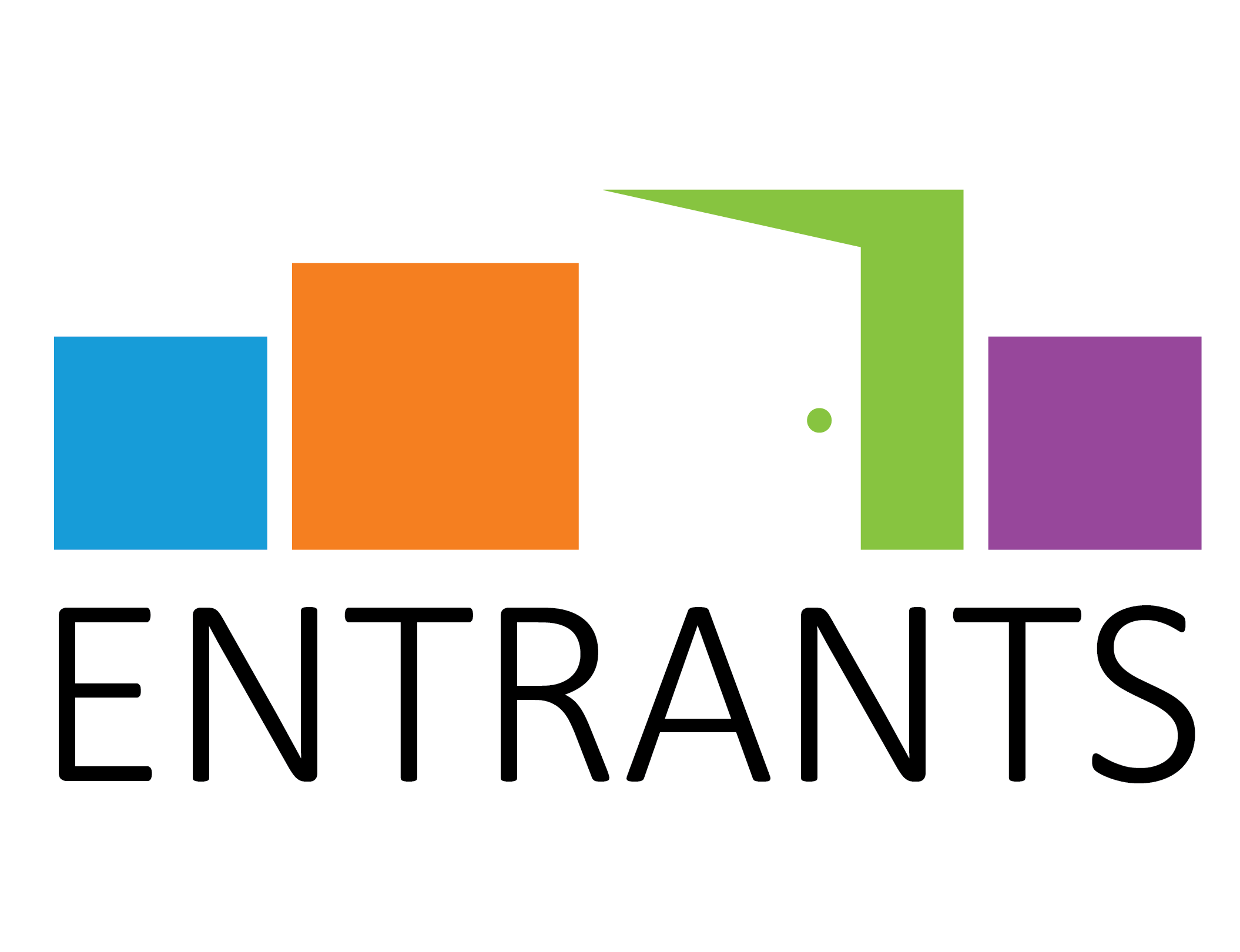ENTRANTS – Enhancing the transition of non-traditional students
A lacking sense of belonging within higher education, both regarding connections to fellow students as well as the identification with the institution and academic life itself, represents one of the three major reasons students drop out and break off their higher education experience. Especially for under-represented groups, such as first-in-family students or those with a migration or BME (black and minority ethnic) background, mature students or women in STEM (science, technology, engineering, mathematics), feeling out of place can be considered the main reason for student departure, more so than academic difficulties or having chosen the wrong study programme.
The project aims at increasing student success for vulnerable student groups by developing measures to increase their sense of belonging at higher education institutions while at the same time avoiding the triggering of “Othering”-mechanisms of these groups. It targets the transitional phase during the first semester after encountering the first difficulties or mismatched expectations within higher education and tries to counterbalance and catch these problems before they become too overwhelming and result in departure.
While support structures are in place at most higher education institutions these offerings explicitly and coherently address the vital issue of belonging. It is either part of “diversity-related” initiatives, which can be considered highly problematic with regard to singling out and othering specific social or ethnic groups, or it is subsumed under psychological support, the access to which is often associated with a high threshold. Ultimately, most existing support structures require students to take initiative and come forward themselves in order to access available offerings, such as buddy systems or peer mentoring. They need to realise that they have a problem and have to “out” themselves as being in need of help. There is, however, evidence that support structures are less likely to be accessed by marginalised groups that tend to find it difficult to approach staff and ask for support (CHE 2013).
Measures aiming at specific “vulnerable” groups often prove unsuccessful and are not taken on by the targeted groups due to a degree of stigmatisation associated with it. Also, accessing and acknowledging the need for support in case one feels isolated or disoriented is often associated with a high threshold, especially among non-traditional students who are generally more reluctant to ask for support.
The project follows and supports an “anti-categorial” approach to inclusion and student success. Moving away from support structures targeted to specific demographic groups to providing support in dealing with challenges that all students face, albeit to a different degree, such as difficulties with academic language, feelings of isolation or exclusion, establishing relationships with teaching staff or social contacts with other students, or achieving a general sense of orientation at university. The project strongly relies on initiating and fostering exchange between different student groups (especially between non-traditional and traditional students) and provides anonymously available, issue-based support.
To reach the objective the following project outputs will be developed:
- Survey on the first-semester experience
The outputs will be informed by an initial needs assessment in the form of an Europe-wide student survey among first-semester students gauging their sense of belonging and possible difficulties in adapting to academic life.
- Student experience platform
The anonymously available content of the web-based platform will offer interactive content with a strong focus on sharing and relating experiences of other students (via podcasts, video material, etc.). Further, it will also bundle relevant information on belonging issues – which is currently not available – in one site. Students participating in in the community building course will be exposed to the platform which is intended to function as a natural companion through student life.
- Community building course
A programme for an obligatory community building course for first-semester students which will be carried out at all three participating higher education institutions. The course aims at initiating and encouraging exchange among new students, establishing tighter relationships by didactically focusing on changing group formations, but also by empowering students to act as experts in their own right. Further, by making the own institution a subject of inquiry it is hoped to achieve a stronger identification with the institution.
- Staff training
To establish and maintain a sense of belonging it is vital that students are met with staff sensitised to their needs. In two formats, one for teaching staff, the other for administrative staff, issues of unconscious bias and the importance of belonging will be addressed, ultimately enabling staff to recognise and deal with problems arising out of a lacking integration into the higher education institutions.
In the longer run and with a view to sustainability, the project results (i.e. the course-programme, the content on the platform, the training formats) are highly transferable. The outputs, or modular parts thereof, can be adopted easily by other higher education institutions or rolled out to a larger group of students at a later point.
